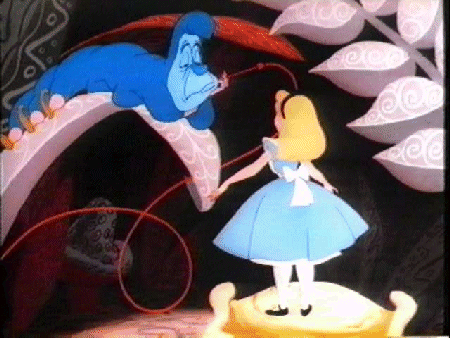Focusing On The Good (Birds of Prey #103, Cover Date April 2007)

Characters
Major Heroes: Oracle, Manhunter
Minor Heroes: Gypsy, Huntress, Big Barda, Misfit, Judomaster, Zinda
Major Villains: Spy Smasher
Minor Villains: Miguel
P'Shat
Oracle begins with a flashback to her days at Gotham University, when she and Katarina Armstrong were both friends and rivals. In the present, Spy Smasher threatens to shut Oracle down if she does not call off her mission.
Meanwhile, Manhunter, with Gypsy's help, is shutting down a metahuman prison on order from Bones in the DEO, and the rest of the BoP gang is trying to rescue Tabitha Brennan -- the ganglord's daughter -- from various and sundry bad guys.
As the situation resolves, Manhunter frees all of the kidnapped metahumans and threatens to warden to turn himself in, the gang completes the rescue of Tabby, only to realize that she was the one who had killed her father in hopes of taking over his father's mob, and Oracle has given in to Katarina's threat to arrest her in order to embarrass her father, and agrees to start working for Spy Smasher.
Drash
When Birds of Prey #100 came out, I was initially critical of the All-New, All White lineup, but I wasn't really comfortable writing about it, so instead I wrote about Checkmate, and what they do right in terms of promoting diversity in DC Comics. I said I'd get back to Birds of Prey eventually, after I had time to think about it and now -- at the end of the first post-Dinah arc -- this is it.
And my conclusion is essentially that I was wrong before to criticize Birds. It's a great lineup, and a great story with lots of intrigue, plot twists, interesting characterizations, and everything else you'd want in a good story. Checkmate is still my favorite current title, but just because Checkmate is doing everything right doesn't really mean that Birds of Prey is doing anything wrong.
I realized that my problem was looking to narrowly -- characterizing Birds of Prey as a "diversity comic" and then criticizing it for not being diverse enough. The crux of the specific criticism here was that the new lineup was all white with no Hispanic members, despite the fact that they were putting together a new team specifically for a mission to Mexico.
But that was looking at the issue too narrowly. Birds of Prey has no more obligation to have Hispanic team members than Batman does to have a Hispanic Robin for their next sojourn from Gotham to Guatemala -- none. The issue is, and has to be, broader. It is the responsibility of DC to ensure that there is wide representation throughout the DCU titles. But it was never to ensure a specific mix in each book. What I was doing in criticizing BoP was essentially a form of minority cannibalization. "Here's a team with minority slots, but look! They are all filled up with white women. We should trade some of those white women for Hispanic or black women." But there never were really minority slots. The problem of insufficient Hispanic women superheroes exists, but it was never Gail Simone's problem. In a world with a dozen Hispanic superheroes with their own monthly books, we'd probably never have noticed.
When I was reading back over my review of Checkmate, I realized that -- while praising them for their racial and gender diversity, including inclusions of all types of women, an Israeli Arab, Mister Terrific, etc., I never criticized them for not having any gay characters. The irony, of course, is that the next month Tommy Jagger came out, which just goes to show how awesome Checkmate is.
But the point was that it wasn't needed to make Checkmate a great book. In a DCU that will promise regular appearances by Obsidian, Batwoman, Catwoman, Grace and Anissa in the Outsiders, etc., Tommy Jagger wouldn't be absolutely necessary. In a DCU without them, he is needed, but not necessarily as White King's Knight. The "Book" stands on its own merits -- the "Universe" is where the praise of blame must lay.
So, for today, we are focusing on the good. In Birds of Prey #103, we learn that Manhunter, Spy Smasher, and Oracle are working on three different teams, and we are not sure who, exactly, are the "good guys". Lots of room for future intrigue here. Motives are unclear, and a future of Barbara "working for" Katarina can go so many different ways that picking up #104 is a sure thing. Misfit, meanwhile, remains an enigma.
The best part about a book with half a dozen female leads, of course, is that it removes the possibility of "the female" as a type. No one is confusing Barda with Kate, or Judomaster with Misfit. Multiple characters require multiple characterizations, and while I can see Huntress and Manhunter as being of a "type" (the Hunting type, I guess), there is still enough variety to see them either becoming best friends or rivals.
So, while I would not complain if we learn next month that Obsidian is joining the BoP, this month I have nothing but praise for what has been fairly consistently the second best DC Comic I read every month.
Labels: Barda, Birds of Prey, Checkmate, Gypsy, Huntress, Judomaster, Manhunter, Misfit, Oracle, Spy Smasher, Zinda
















